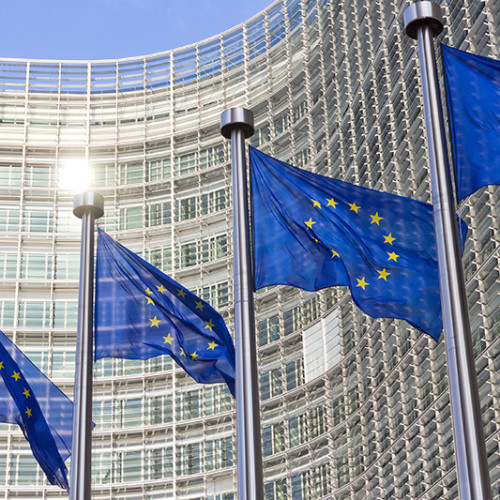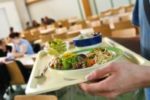
Nutritional recommendations for a sustainable and healthy diet include plenty of variety in the consumption of minimally processed plant-based foods (fruits, vegetables, nuts, unrefined grains, legumes, etc.) and moderate amounts of animal food sources. This study provides factual information on the contribution of animal protein to total protein meeting all recommendations without additional cost.

Vitamin D3, or cholecalciferol, is essential for the proper functioning of our body and plays a decisive role in the quality of bone tissue. It is provided by food (dairy products, fish, eggs) and is produced by skin exposed to the sun. However, more than 1 in 3 French people fail to meet their physiological vitamin D3 needs, which is a major public health concern. Indeed, a vitamin D3 deficiency exposes people to known risks for human health, in particular during periods of growth. Pediatric societies recommend routine vitamin D supplementation for children to prevent rickets and for the elderly to avoid osteoporosis.

On 10 June 2022, the EU Commission published a recommendation on the definition of nanomaterial. This recommendation clarifies the definition adopted by the European Commission in 2011 (Recommendation on the definition of a nanomaterial 2011/696/EU).

The calculation model was published and presented to the Commission in December 2021.

Orchidali summarizes for you the conference on nutrition for the elderly. At the Paris International Agricultural Show (SIA) 2022, the French National Institute of Agricultural Research (INRAE) offered opportunities to discover the topics covered by its research; in particular, the workshop “la science a du goût” (“the flavour of science”), organized in partnership with the Institut Paul Bocuse, was held every day at 1pm.

Santé Publique France announced in its September newsletter, the objectives and development axes of PNNS 4 for the end of 2021 and the beginning of 2022.

The results of the PURE cohort study showed a positive association between ultra-processed food intake and risk of IBD.

In the context of the Covid-19 pandemic, as soon as the containment was announced from March 17 to May 11, 2020, Public

ANSES completed the work of updating the nutritional references for vitamins and minerals for the adult population, in particular for vitamins and